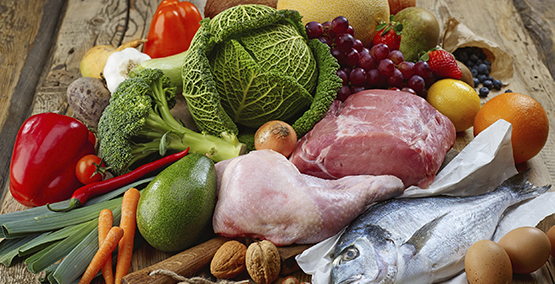
The Latest and greatest treatments for IBD: What to believe
What’s the best IBD medicine for me? Confusion on television and in your inbox....
See moresign up for our newsletter
SubscribeThe paleo or Paleolithic diet was designed based off of what some believed our "hunters-gatherer" ancestors ate before farming began 10,000 years ago. The belief is that our bodies are still not well adapted to farmed foods, like dairy products, grains, potatoes, refined sugar and legumes (peas, beans, soy, for example). As a result, these foods are thought to be causing conditions like diabetes, heart disease, obesity and inflammatory bowel disease.

The Paleo Diet eliminates:
The Results
When the Paleo diet is combined with daily physical activity and increased water intake, people do have:
The Concerns
The absence of grains and legumes can lower fiber, B vitamins and minerals in the diet. Because dairy is not permitted, an important source of calcium and vitamin D is missing. The diet has also been criticized for its rationale, lack of research, and how expensive it can be.
The Paleo diet is healthy because it cuts out processed and refined sugars, carbohydrates, and oils. Currently, the diet has been adapted for IBD as part of an autoimmune protocol.
This article, as well as all others, was reviewed and edited by a member of our Medical Advisory Board.
Subscribe Be the first to know